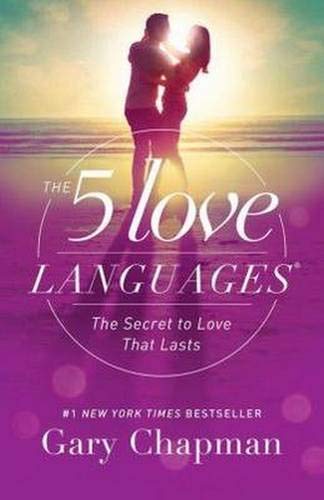Interview with a Psychotherapist: Relationships, Heartbreak, and more
by Lipsa Shah
The most abundant, intimate, and fulfilling relationship you are ever going to have—and perhaps the most important—is the one that you have with yourself. We must take care of our minds and bodies before we can have a rewarding relationship with anyone else. We sat down with Raleigh-based psychotherapist Whitney Jenkins to talk about this and other big stuff, including heartbreak, communication, and secrets to a lasting relationship.
1. Let’s get right into it. What are the best ways to deal with heartbreak or trauma?
Be compassionate with yourself, and give yourself time to heal. There are factors that can affect your healing, such as the length of time you were in the relationship, the level of commitment, and whether you experienced any type of betrayal. Understand that it is normal to feel sadness and loss following a breakup, so allow yourself to feel these emotions. Journaling what you feel can be a very useful technique to help you process your emotions. It is normal to want to isolate yourself during a time like this, but it is actually important to spend time with people who care about and support you. Spend time engaging in healthy self care behaviors like exercise, yoga, meditation, and purposeful rest. Avoid potentially unhealthy behaviors for yourself--like excessive drinking or trying to find a new partner quickly.
2. Tell us your best advice for a lasting successful relationship.
For a relationship to be successful, I believe there are many factors that need to be present. The most important being trust. Is your partner reliable and dependable? Can you count on them to show up for you? You also need to have a healthy communication style and be able to solve problems together. For relationships to work well, sharing similar values about hot topics like intimacy and finances are definitely important for success. Accountability for yourself and your actions, openness, and a desire to grow together over time will take you far for sure.
3. How important is the relationship with yourself?
Your relationship with yourself is the most important relationship! When you have a healthy loving relationship with yourself, you value yourself, show yourself compassion, and accept your strengths AND weaknesses. This gives you insight into the reasons that you may feel or act the way you do because you understand yourself and avoid self-judgment. When you have a healthy relationship with yourself, you are then able to attract healthy people and relationships into your life. Definitely give yourself the gift of loving yourself!
4. What are some of the best ways to communicate with a partner?
In my work with couples, I have found that the most successful communication skills are active listening, clarification, and validation. To actively listen, you must give your partner your full attention through eye contact. You pay attention to what they’re saying rather than your own thoughts, avoid judgment, and tolerate any silence that arises. This is a skill that all partners can practice by giving each other ten minutes of active listening time, then switching roles as the speaker and listener. Following the active listening, the listening partner clarifies by sharing with their partner what they heard them say. The speaker is then able to say whether this is accurate. Following this step, the skill of validation is used. When you validate your partner, you are not saying that you agree or approve of what they are saying but rather that you recognize and accept their thoughts and feelings. Learning to validate your partner helps to reduce emotional distance and promotes connection. Using these three communication skills can really change the way couples relate to one another in a very positive way.
5. How important are positive affirmations and words of encouragement?
It depends on your Love Language. Some people love hearing positive affirmations, and words of encouragement mean a lot to them. For others, however, actions may speak louder than words. Over the years, I have found the book The 5 Love Languages: The Secret to Love That Lasts by Dr. Gary Chapman to be a very useful tool in identifying what partners need to feel supported. This profile helps you identify which “Love Language” makes you feel loved and appreciated: words of affirmation, quality time, receiving gifts, acts of service, or physical touch. Couples really seem to enjoy learning how to better meet their partners’ needs and expectations. The report receiving more positive feedback after learning this information.


